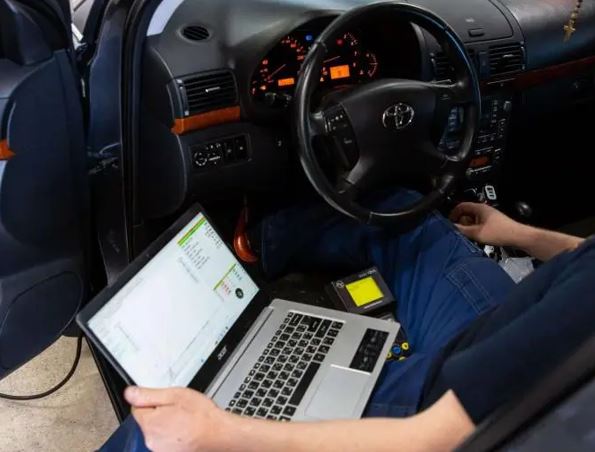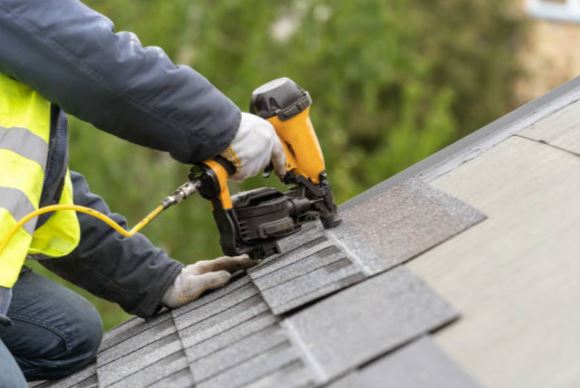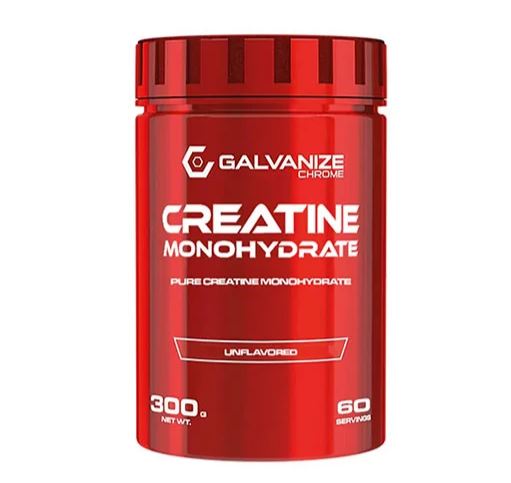How Often Should LPG Inspections Be Done: Expert Recommendations
Why is it important to regularly inspect the LPG system?
Regular inspections of the gas system are essential to ensure the safe and smooth operation of the system. An LPG inspection helps detect worn-out parts, gas leaks, and equipment malfunctions, preventing serious failures and emergency situations.
Recommended frequency of LPG inspections
Experts recommend the following schedule:
- After the first 1,000 km: The first inspection checks the correct installation of the system, proper settings, and detects any potential leaks.
- Every 10,000 – 15,000 km: A regular inspection includes filter replacement, system tightness checks, and diagnostics of major components.
- Once a year: A full system check, including diagnostics of all components and software updates.
Additionally, an emergency inspection should be carried out if you notice the following symptoms: - Increased fuel consumption
- Decreased engine power
- Unstable idle speed
- Unusual sounds from the reducer or injectors
What does an LPG inspection include?
During the LPG inspection, the following key tasks are performed:
- System tightness check: This is crucial for safety since gas leaks can be dangerous. Modern diagnostic systems can accurately pinpoint leak locations, minimizing risk.
- Gas filter replacement: Filters clean the gas from contaminants that can cause corrosion or blockages in injectors and the reducer. Using high-quality filters extends the system’s lifespan and ensures efficient gas regulation in the car
- Reducer diagnostics: The reducer regulates the gas supply to the engine.
- Injector check: Injectors must deliver gas evenly and precisely. Any deviations can lead to engine speed fluctuations or increased fuel consumption.
- Software update: Modern LPG systems have electronic control units (ECUs) that require regular updates to maintain optimal settings. This is especially important for newer cars, which may receive software updates.
What can happen if LPG inspections are not carried out?
Ignoring regular LPG inspections can lead to a range of issues:
- Reduced system performance: Worn or clogged components, such as filters or injectors, can significantly decrease LPG efficiency, leading to higher fuel consumption, decreased engine power, and lower overall vehicle performance.
- Increased risk of gas leaks: Failure to regularly check the system’s tightness can lead to gas leaks, which are very dangerous.
- Costly repairs: Failures caused by neglected inspections often require replacing key system components, such as the reducer or injectors, which can be much more expensive than regular inspections.
- System failure: In the worst case, total neglect of inspections can damage the entire system, requiring its full replacement.
Regular LPG inspections not only extend the system’s lifespan but also ensure the safety of the driver and passengers.
What can happen if LPG inspections are not performed by specialists?
Having LPG inspections performed by unqualified mechanics or attempting DIY repairs can lead to serious consequences:
- Incorrect diagnostics: Without professional equipment and experience, it’s difficult to detect all possible issues, which can lead to hidden faults and gas leaks.
- Improper component replacement: Using non-original or inappropriate parts can reduce the system’s efficiency and cause faster wear.
- Increased accident risk: Errors in servicing or installing LPG systems can cause gas leaks, increasing the risk of fire or explosion.
To ensure your vehicle’s reliability and safety, it is important to consult only certified specialists, such as Gaz Time, who have experience working with gas systems and use high-quality materials.



